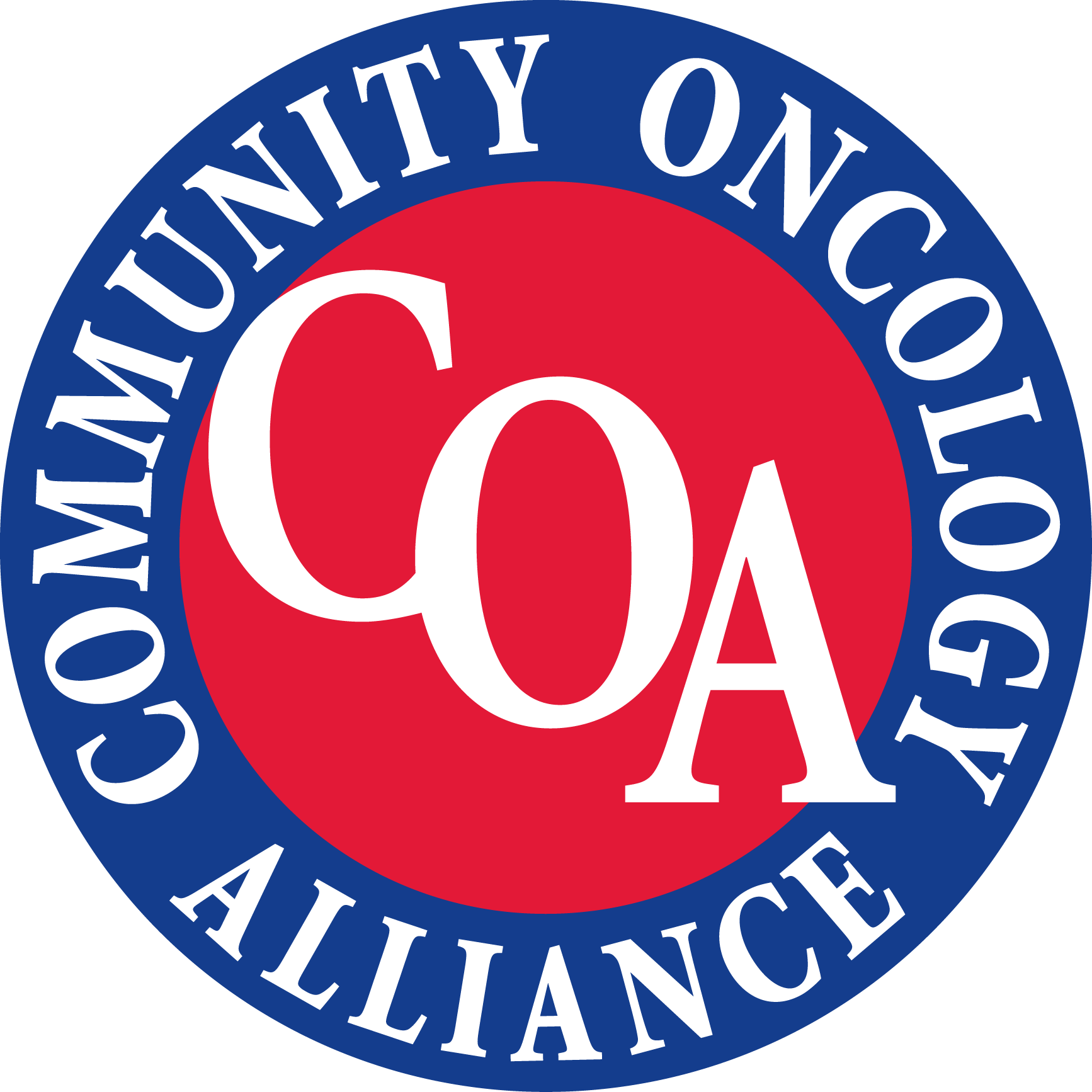
Kathy Oubre: What’s to Come Within Community Oncology in the Next 20 Years?

Kathy Oubre, MS, CEO of Pontchartrain Cancer Center, discusses patient advocacy and legislative issues that will continue to define the future of community oncology.
At this year’s Community Oncology Alliance (COA) conference, Kathy Oubre, MS, CEO of Pontchartrain Cancer Center, sits down with The American Journal of Managed Care® (AJMC®), to reflect on how community oncology has evolved and transformed over the past 20 years and what future adaptations still need to be implemented into oncology practices from an advocacy and legislative level.
AJMC: This year marks the 20th year for COA. Looking back at the last 20 years, what has changed and what is to come in the next 20 years?
Oubre: Moving forward, kind of that crystal ball idea, what do I envision? I'll answer that from more of an advocacy or a legislative perspective. Because over that period of time, when we talked about the patient and kind of that growing thought of treating the patient as a whole rather than a sum of the parts, we've seen hospital consolidation, practices going into the hospitals; we've seen lots of vertical integration, as well as the PBMs [pharmacy benefit managers] really just kind of inserting themselves into every facet of the health care system.
I think moving forward, we will see legislation around PBMs. Over the last several years, we've moved from in Congress to an education level, to now where we're having the FTC [Federal Trade Commission] investigating the PBMs, and congressional hearings around transparency on those PBMs, and spread pricing. And all of those little nuggets all do have a place in driving up health care costs for the overall system, but more importantly, the patient.
I think we're going to see some movement, some legislation that will help shed a light on these things in some of these business practices. I think we will see less vertical integration, as we have just a continual issue in our health care system of the payers owning the PBM, as well as the specialty pharmacy, and controlling that entire business line all the way down to the patient. I think those things will change a bit.
And, for 340B, when they were getting reimbursed at ASP [average sales price] minus 28, we were seeing a movement out of the hospitals, because hospitals didn't find it to be a positive business model anymore. And I think there was some nervousness around that.
We saw a lot of physicians move from the hospital back into the community, which is a great thing for cancer care costs as well as patient care, because we really do believe that patient care is best delivered within the patient's community. I think we will continue to see that, even with the CMS changes back to ASP plus 6 for the 340B, but 340B in itself is also getting looked at by Congress. And there continues to be, again, that request for transparency and that light shone on that, too. I'm hopeful that as we continue to strive to bring the best care for our patients, that shining the light on the transparency and the business practices of some of these entities will kind of help right that overall health care system to be able to provide better care for our patients at a lesser cost to the patient.
Newsletter
Stay ahead of policy, cost, and value—subscribe to AJMC for expert insights at the intersection of clinical care and health economics.








